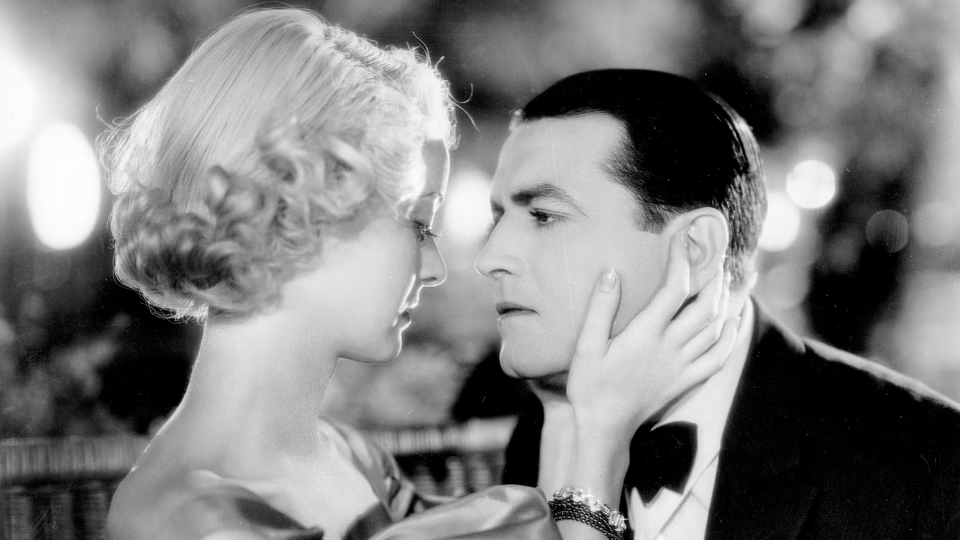The Cabin in the Cotton

Richard Barthelmess plays a tenant farmer’s son who finds himself caught between worlds after the plantation owner affords him an education and job in the company store.
The film’s opening scrawl informs us the producers don’t wish to take sides in the battle between tenant farmers and plantation owners. This translates to not wanting to alienate either audience at the box office.
The first two acts indeed paint a balanced picture of corruption on both sides. Barthelmess endures his shady stepfather’s stealing from the company store which charges the tenants exorbitant interest and carrying costs to keep them indebted.
Things escalate. The tenants organize a cotton stealing racket, while the plantation owner leads a lynch mob who executes a tenant. Barthelmess struggles to stay above the corruption, refusing to take a side. He closes the film with a big speech condemning both groups (more so the plantation owners) before resorting to blackmail himself to achieve his ends.
It’s not so much an awful film as an uneven one. Barthelmess is at least ten years too old for his part. The opening act sees the thirty-seven-year-old playing a teenager while the rest of the film casts him in his early twenties. John Marston plays the district attorney, who calls Barthelmess “boy” despite looking nary a year older.
Compounding matters, Barthelmess’s makeup often proves distracting. In his early scenes, the performers playing his parents and siblings sport a plain, weathered look. In contrast, Barthelmess bounds around in lipstick, eyeliner, and mascara. And he’s got a hunched over way of walking that reminded me of Dwight Frye’s turn as Renfield in Dracula.
I don’t blame Barthelmess. His turns in The Dawn Patrol and Only Angels Have Wings prove he’s capable of turning in a terrific performance in a sound picture. Perhaps he just needs a strong director like Howard Hawks to reign in his theatrical tendencies.
Speaking of reining in, Bette Davis delivers an alluring turn as the plantation owner’s manipulative daughter. She walks her performance right to the line of over-emoting, then pulls back, showing—rather than telling—us how shrewd an operator her character is. Had she been playing opposite Henry Fonda, this might have been something.